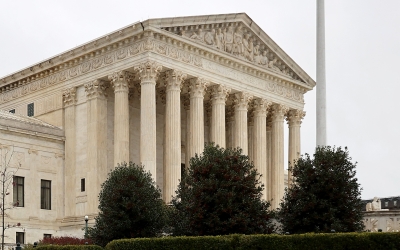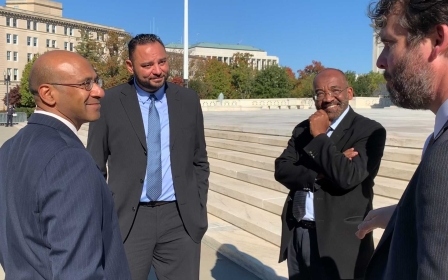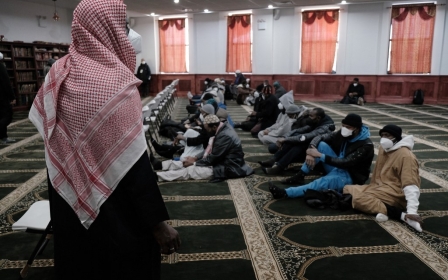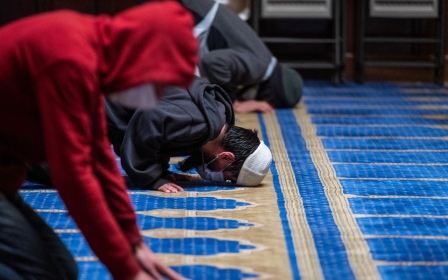Muslim Americans sue US government over alleged religious targeting at border
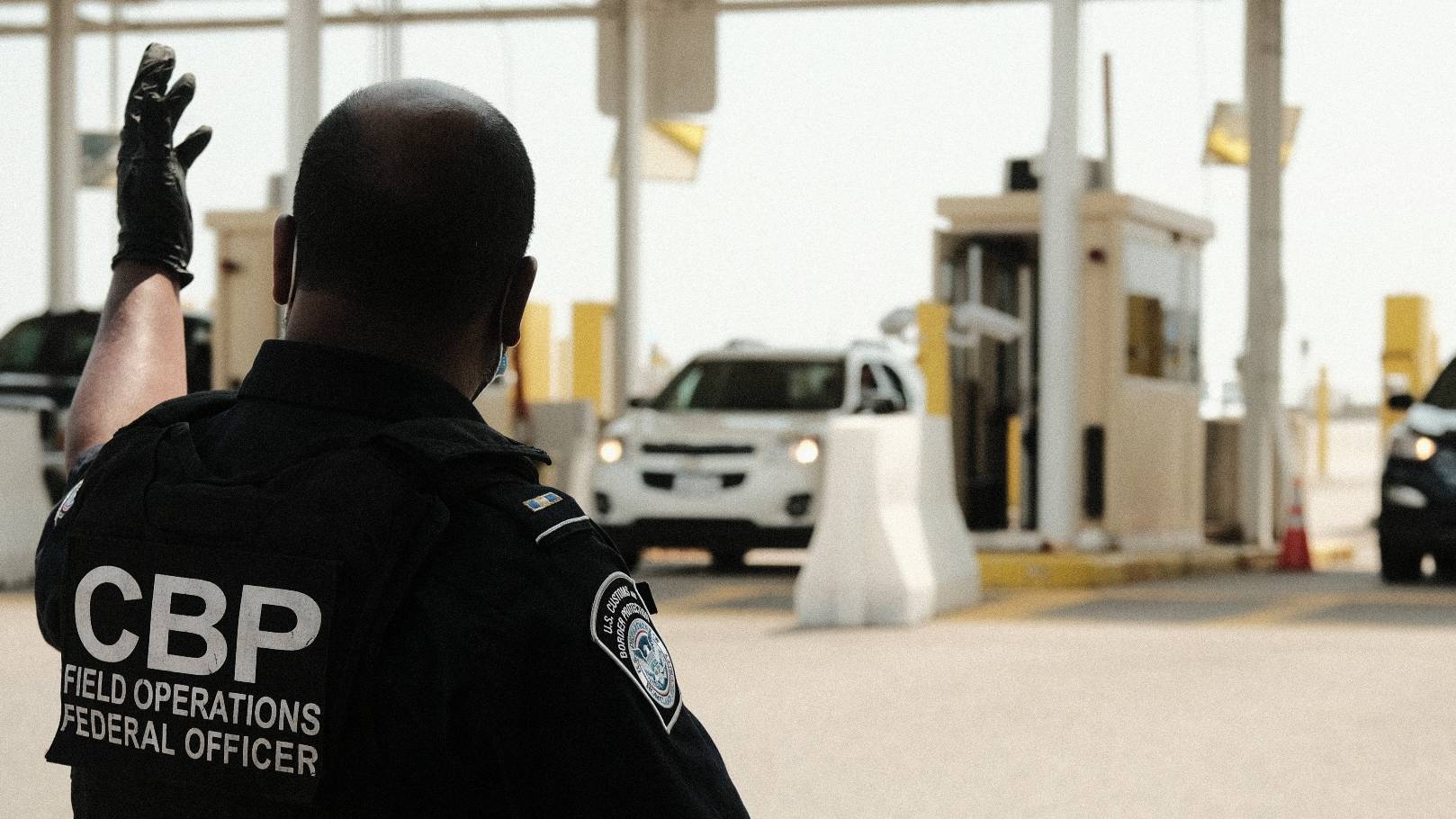
Three Muslim American citizens filed a lawsuit against federal immigration authorities on Thursday alleging that nearly every time they returned to the US from abroad they were stopped and questioned about their religion.
The three US citizens alleged they would be subject to secondary screenings by border officers, during which they were asked questions including whether they were Muslim, whether they were Sunni or Shia, which mosque they attend, and how often they pray.
The lawsuit, filed by the American Civil Liberties Union (ACLU) in a district court in Los Angeles, claims their treatment amounts to religious discrimination under the Constitution, as it violates the First Amendment's right to freedom of religion - because other faiths are not similarly targeted with such questioning.
It also calls on the US Customs and Border Protection (CBP) agency to expunge the records of the three individuals, which the ACLU says are to be held in a database for up to 75 years and are accessible to US law enforcement agencies.
"Just as border officers may not single out Christian Americans to ask what denomination they are, which church they attend, and how regularly they pray, singling out Muslim Americans for similar questions is unconstitutional. Plaintiffs are entitled to full and equal membership in American society," the lawsuit says.
New MEE newsletter: Jerusalem Dispatch
Sign up to get the latest insights and analysis on Israel-Palestine, alongside Turkey Unpacked and other MEE newsletters
"By targeting plaintiffs for religious questioning merely because they are Muslim, Defendants' border officers stigmatize them for adhering to a particular faith and condemn their religion as subject to suspicion and distrust."
One of the plaintiffs, Abdirahman Aden Kariye, who is an imam at a mosque in Bloomington, Minnesota, said "whenever I travel back home to the United States, I'm anxious".
"I'm constantly worried about how I will be perceived."
During the occasions where Kariye was stopped and detained, he said he was asked questions by order officers including whether he was Salafi or Sufi, where he studied Islam, and what his views were on the 13th century Islamic scholar Ibn Taymiyyah.
As a result, Kariye said that he now no longer wears his Muslim prayer cap to the airport.
"It's terrible to feel you have to hide an essential part of who you are from your own government. I shouldn't be questioned because of my religion," he said in a statement.
The lawsuit says Kariye has also been put on a US government watch list.
"Religious questioning by border officers is unconstitutional, and it's past time for the government to be held to account," said Ashley Gorski, senior staff attorney with the ACLU's National Security Project. "This invasive questioning serves no legitimate law enforcement purpose, and conveys the harmful and stigmatising message that the US government views Muslims as inherently suspicious."
A US Customs and Border Protection (CBP) spokesperson told Middle East Eye that, as a matter of policy, it did not comment on pending legislation.
The Department of Homeland Security did not respond to MEE's requests for comment on the lawsuit.
Discrimination against Muslims
Muslim Americans have accused the government of targeting their communities since the 9/11 attacks. Informants have been sent to surveil local mosques, arbitrary watchlists have been created which restricted individuals' freedom of movement, and discrimination based on faith has been enshrined into policy.
Entire neighbourhoods in New York City were subject to raids and Muslims faced being arrested in the middle of the night, and being stopped and searched at "random" in the streets.
'The government's longstanding, discriminatory scrutiny of Muslim travellers must end now'
- Mohammad Tajsar, ACLU Foundation of Southern California
Many policies were also put forward to target individuals based on their Islamic faith, such as the National Security Entry-Exit Registration System (NSEERS), a programme created a year after 9/11 which targeted foreign nationals from 25 Muslim-majority countries.
Nearly two decades later, Muslim Americans and civil liberties groups are working to dismantle many of these discriminatory policies.
In 2019, a federal district judge ruled the US government's terrorist watchlist, which rights groups say listed as many as one million people, was unconstitutional.
Then, in 2020, the US Supreme Court ruled that Muslim Americans who were placed on the FBI's no-fly list were allowed to sue individual FBI agents who allegedly violated their religious freedoms.
In another Supreme Court case earlier this month, the nation's highest judicial body ruled narrowly in favour of the FBI in a case where three Muslim men from the state of California accused the agency of conducting illegal surveillance of them and their community after the 9/11 attacks.
However, the court did not rule broadly on whether the government could throw out the case using its state secrets privilege, allowing the case to continue at a lower level.
The ACLU's latest lawsuit similarly aims to remove a government practice it claims is unconstitutional.
"It is and always has been wrong to force Muslims, or any person of faith, to divulge their religious beliefs and practice to border officials," said Mohammad Tajsar, senior staff attorney with the ACLU Foundation of Southern California.
"The government's longstanding, discriminatory scrutiny of Muslim travellers must end now."
Middle East Eye delivers independent and unrivalled coverage and analysis of the Middle East, North Africa and beyond. To learn more about republishing this content and the associated fees, please fill out this form. More about MEE can be found here.


